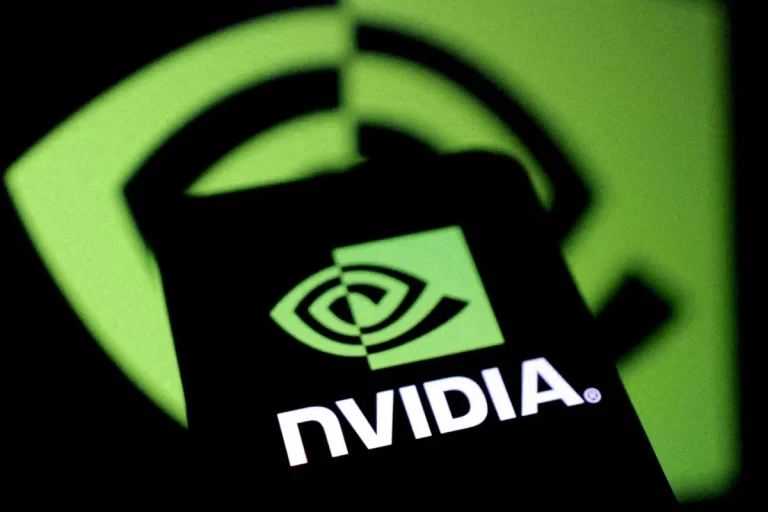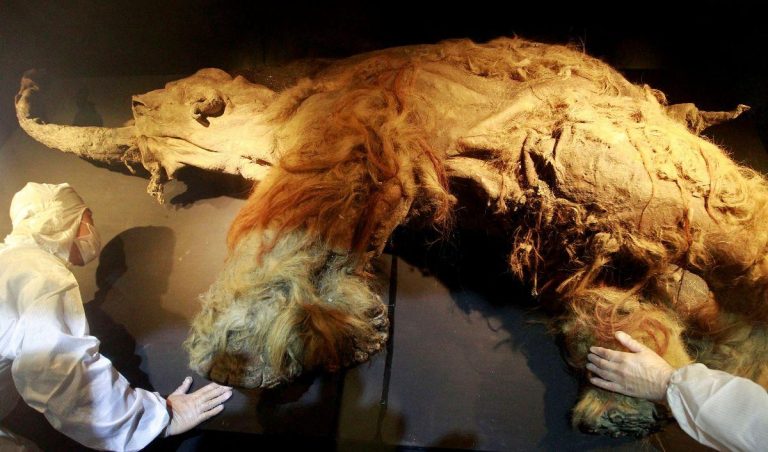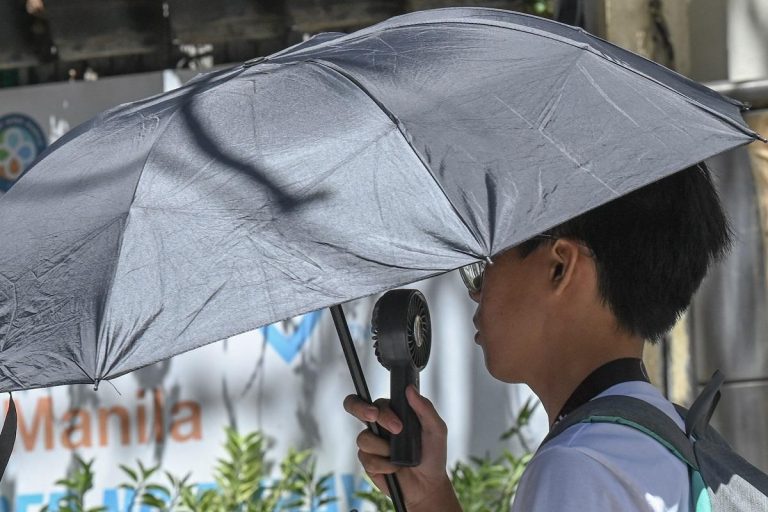
The Psychology Behind L.O. Heroes: Why We Connect with Them
In the world of literature and entertainment, heroes play an integral role in shaping narratives that captivate audiences. Among these, the L.O. Heroes, characterized by their leadership and outstanding qualities, have a unique power to attract and inspire us. But what is it about these characters that make them so appealing? This blog post delves into the psychology behind L.O. Heroes and why we form such deep connections with them.
The Archetype of the Hero
The concept of the hero is an ancient one, deeply rooted in mythology and cultural folklore. Heroes have always embodied the values and aspirations of their societies. The archetypal hero, as described by Carl Jung, represents an idealized version of the self, one that overcomes adversity and achieves greatness. This universal archetype resonates across different cultures and times because it taps into our collective unconscious—a shared pool of memories and ideas.
L.O. Heroes, in particular, often embody traits such as courage, wisdom, and integrity. These characters are not just physically strong but also mentally resilient, making them relatable and aspirational figures for audiences. By observing their journeys, we vicariously experience their triumphs and challenges.
Empathy and Emotional Connection
A significant aspect of why we connect with L.O. Heroes is empathy. Empathy allows us to understand and share the feelings of others, which is crucial in forming emotional bonds with fictional characters. When an L.O. Hero faces a dilemma, we feel their tension. When they succeed, we celebrate their victories as if they were our own.
Research suggests that empathy plays a critical role in enhancing our engagement with narratives. By empathizing with heroes, we become more invested in their stories, which helps us to escape our own realities and immerse ourselves in a different world. This emotional engagement can be both cathartic and educational, allowing us to process our own emotions through the experiences of others.
Role Models and Identity Formation
L.O. Heroes often serve as role models, influencing our behavior and beliefs. During formative years, individuals frequently look up to heroes as guides for how to navigate moral and ethical dilemmas. These characters provide a template for admirable traits and behaviors, helping shape our own identities.
Moreover, the hero’s journey, a common narrative arc, mirrors our personal growth and development. This journey usually involves a call to adventure, facing trials, and achieving a resolution. By identifying with L.O. Heroes, we gain insights into our own potential for growth and transformation. This identification process is crucial in how fiction influences our personal narratives and self-concept.
The Social and Cultural Context
The appeal of L.O. Heroes is also shaped by the social and cultural contexts in which they exist. These heroes often reflect the values and issues relevant to their time, making them relatable and relevant. For example, the rise of superhero movies in recent years can be seen as a response to societal desires for justice, hope, and resilience in the face of adversity.
Furthermore, L.O. Heroes often embody diverse backgrounds and experiences, providing representation and validation to various audiences. This diversity allows a wider range of people to see themselves in these characters and to feel included in the narrative. This inclusive portrayal is essential in fostering a connection with audiences from different walks of life.
The Influence of Storytelling Techniques
Effective storytelling techniques play a pivotal role in how we connect with L.O. Heroes. Character development, narrative pacing, and emotional arcs are carefully crafted to maximize audience engagement. Writers often employ techniques such as inner monologues and flashbacks to deepen character complexity and relatability.
Additionally, the use of symbolism and metaphor can enhance the connection between the audience and the hero. For instance, the hero’s sword might symbolize justice, while their journey through a dark forest could represent an internal struggle. These devices enrich the narrative, allowing audiences to connect on a deeper level as they interpret the underlying messages.
The Psychological Benefits of Hero Worship
Engaging with L.O. Heroes can also offer psychological benefits, such as the promotion of personal growth and the cultivation of resilience. By identifying with heroes, audiences can learn valuable life lessons about perseverance, courage, and the importance of standing up for what is right.
This connection can also provide comfort and hope, especially during challenging times. Knowing that even fictional heroes face and overcome significant obstacles can inspire us to tackle our own challenges. As such, hero stories can be therapeutic, offering a sense of agency and empowerment.
Conclusion: The Enduring Appeal of L.O. Heroes
In conclusion, the psychology behind our connection with L.O. Heroes is multifaceted, encompassing elements of empathy, identity formation, cultural context, storytelling, and psychological benefits. These heroes resonate with us on a deep level, offering both entertainment and education. They inspire us to strive for greatness, to empathize with others, and to believe in the possibility of positive change.
As we continue to engage with these characters, we not only celebrate their victories but also reflect on our own potential for heroism in our lives. The enduring appeal of L.O. Heroes lies in their ability to ignite our imagination, challenge our perceptions, and ultimately, to remind us of the extraordinary within the ordinary.
The Evolution of L.O. Heroes in Modern Media
As media evolves, so too do the representations of L.O. Heroes. The modern hero is not confined to traditional narratives of good versus evil but often grapples with complex moral ambiguities. This evolution reflects our growing understanding of human psychology and the need for stories that resonate with contemporary audiences.
Today, many heroes are depicted with flaws and vulnerabilities, making them more human and relatable. This shift from the infallible hero archetype allows audiences to connect on a more personal level, as they see their struggles and imperfections mirrored in their heroes. This nuanced approach to heroism acknowledges that true strength lies not in perfection but in resilience and growth.
Interactivity and Personalization in Hero Narratives
The rise of interactive media, such as video games and virtual reality experiences, has added a new dimension to the way we engage with L.O. Heroes. In these formats, audiences are no longer passive observers but active participants in the hero’s journey. This interactivity allows for a personalized experience, where players can make choices that affect the narrative outcome, further deepening their connection to the hero.
Furthermore, interactive stories often include branching narratives, enabling players to explore different facets of the hero’s personality and backstory. This level of engagement creates a more immersive experience, allowing audiences to feel a stronger sense of agency and emotional investment in the hero’s journey.
Challenges and Criticisms of Hero Worship
While the appeal of L.O. Heroes is undeniable, it is important to acknowledge the challenges and criticisms associated with hero worship. One potential issue is the tendency to idolize fictional characters to the point of unrealistic expectations. This can lead to disappointment when real-life individuals or situations fail to measure up to these idealized standards.
Moreover, the focus on individual heroism can overshadow the importance of collective action and community support. In reality, significant change often requires the efforts of many, rather than the solitary actions of a single hero. Recognizing the value of teamwork and collaboration is crucial in addressing complex societal issues.
The Future of L.O. Heroes
As we look to the future, the role of L.O. Heroes in media and culture will likely continue to evolve. Advances in technology and storytelling will offer new ways to experience and interact with hero narratives. Additionally, there is an increasing demand for diverse and inclusive representations of heroes, reflecting a broader range of experiences and identities.
This shift towards inclusivity is not only important for representation but also enriches the storytelling landscape. By showcasing heroes from different backgrounds and perspectives, we gain a more comprehensive understanding of heroism and the various forms it can take.
Final Thoughts
The psychology behind our connection with L.O. Heroes is complex and multifaceted, rooted in our innate desire for connection, identity, and inspiration. These characters offer a mirror to our own potential, encouraging us to strive for greatness and resilience in our lives. As the portrayal of heroes continues to evolve, so too will our understanding and appreciation of what it means to be a hero. Ultimately, L.O. Heroes remind us that heroism is not just about extraordinary feats but also about the courage to face our challenges and the compassion to support others in their journeys.






